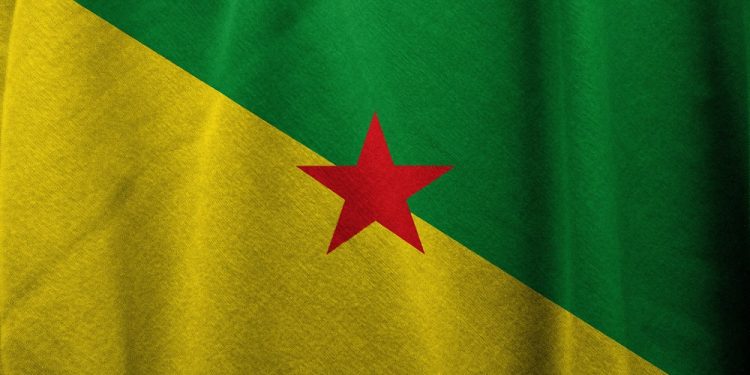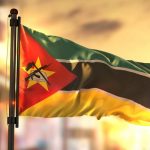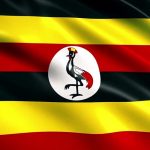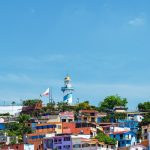
Abolition Day in French Guiana
In French Guiana, the 10th of June is observed annually as a public holiday called Slavery Abolition Day. As the name implies, this holiday is designed to raise awareness about the horrors of the slave trade era and to serve as a reminder that it should never happen again.
This public holiday can be traced back to 2012, which isn’t all that long ago considering that slavery was abolished in the colony some 164 years before its enactment. Even so, this is a day that all citizens should mark on their calendars because it’s a day that needs to remain in the public’s mind today and in the years to come.
The History of Slavery Abolition Day in French Guiana
Sitting on the western Atlantic coast of South America, French Guiana is a French overseas region. In the mid-17th century, the French established a settlement there, but attacks from other European countries, as well as from the native inhabitants, caused France to abandon the settlement several times.
After the 1763 Treaty of Paris, Louis XV sent thousands of settlers to Guiana — luring them there with stories of easy fortunes to be made. Due to tropical diseases and hostile natives, only a few hundred of these settlers survived.
Despite these drawbacks, plantations were eventually established, and slaves were taken from Africa to work on these plantations. The capital of French Guiana, Cayenne, was surrounded by thousands of slaves on several different plantations. In the early 19th century, this colony was given to the Portuguese in Brazil, but it was handed back to the French after the 1814 Treaty of Paris.
In 1848, France abolished slavery, and many of the former plantation slaves fled into the rainforest and set up communities. In 2012, Slavery Abolition Day was created to remember the thousands of slaves who were forced to work on plantations in French Guiana.
Observing Slavery Abolition Day in French Guiana
Because Abolition Day in French Guiana is a public holiday, it’s a day when schools, government offices, and many businesses are closed. Also known as Emancipation Day, it’s a day when special public events are held to remember the harsh lives of slaves.
It’s also a day when many people spend time with loved ones. In neighboring Guyana, tributes are often at the foot of the statue of the Maroons of Liberty. This ceremony is done to the beat of a drum to banish slavery in all its forms forever.
On social media, the hashtags #SlaveryAbolitionDay or #EmancipationDay are used. This is a day to not only celebrate freedom but also to remind everyone that slavery is one of the most evil things that human beings can do to one another, and it should never be allowed to happen ever again.








